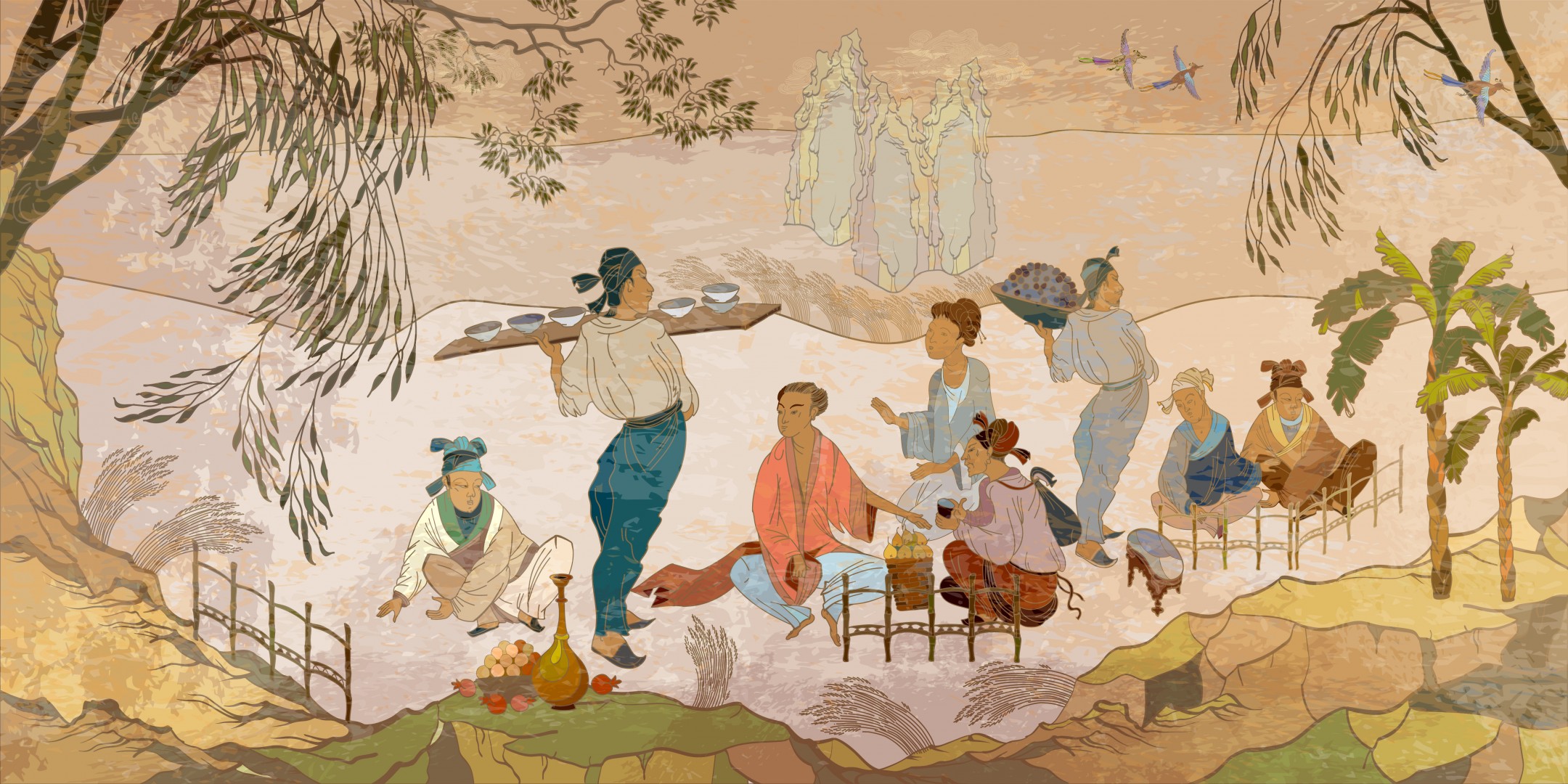Difference between Oriental and Western Medicine

I have been often asked a question recently, “What is the main difference between Western medicine versus Eastern Medicine?”
Briefly, Western medicine focuses on correction of diseases by pharmacological treatments and surgical interventions whereas Eastern medicine is primarily promoting the health or well-being of the person. Western medicine is based on materialism; to put it another way, that what makes something material is having a shape at some particular positions in space. Everything can be explained in relation to matter. Eastern medicine is based on idealism (relates to non-material aspects of nature such as mind and spirit).
Medicine is a human science. Chinese medicine is the integration of science and humanities. The essence core of Chinese medicine features “the unity of heaven, Tao and nature.” That means, Chinese medicine prompts us to return to the true self and guarding of the root life and cosmology (harmony between man and nature). Chinese medicine has embedded solid foundation of Confucian concepts – such as “benevolence”, “love for others”. In this context, “benevolence” implies regulation, harmony, freedom and also interpreted as “the virtue of heart and the principle of love.” A philosopher called Wang Yangming (1472-1528) explains that “the universe and humans are the product of Qi.”. For those who is new to Oriental medicine, Qi means the “driving force of life.” Doctors in Oriental medicine must abide by the principles of benevolence, that means Oriental medicine doctors must treat patients with all of their hearts.
#holisticmedicine
#naturalhealing
#acupuncture






























































